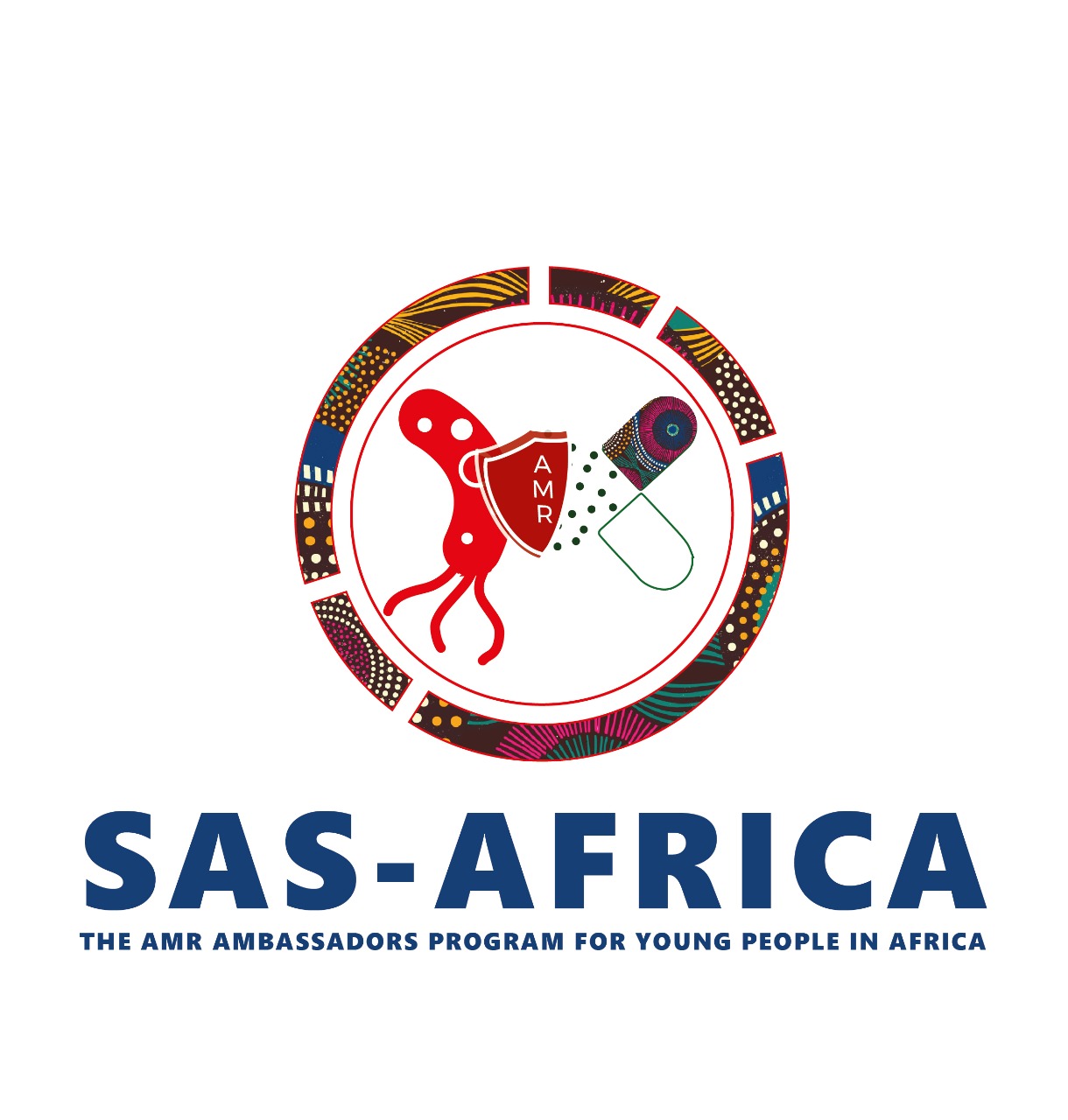TEAMS
TEAM:
The extraordinary pacesetters
COUNTRY:
Nigeria
UNIVERSITY:
Federal University of Technology Minna & University of Abuja (1)
Abolarinwa Emmanuel Architecture (Left Up); Salami Phebe Medicine and Surgery (Left Down); Abolarinwa Deborah Microbiology (Middle), Abolarinwa Esther Food Science and Technology (Right Up); Oladayiye Abraham Mechatronics Engineering (Right Down)
Why we chose, “The extraordinary pacesetters”
As a team, we intend to take up the challenge against Antimicrobial Resistance and to set the standard of Antimicrobial Stewardship in our institution and community. Through passion and determination, we hope to achieve extraordinary feats combating against antimicrobial resistance. Slogan: “Infectious Organisms – they keep changing, we keep learning.”
Other Teams
OUR STORY
We have been friends for a long time and we share a relative interest in sustainable development goals especially public health. We are individuals who are actively interested and involved in public health and wellbeing (SDG 3), and providing sustainable solutions to the complex issue of health such as infectious diseases and antimicrobial resistance. Addressing issues of Public health has been a part of our career interest and ambition. Hence an interest in this opportunity and applying together as a team only came naturally since we all have a similar passion and interest in public health matters in our respective fields. It is an opportunity to develop our interest into realizable, sustainable and influencing goals and to contribute our experience and skill to seeing that the antimicrobial resistance challenge is properly addressed. We strongly believe expect that the AMR Ambassadors Program for Young People in Africa, would empower us with the necessary knowledge about antimicrobial resistance, infection prevention and control (IPC), and nurture our creative and innovative thinking to develop feasible interventions/ innovations to sustainably and effectively curb antimicrobial resistance using our unique talents/ skills. We hope to meet, interact and create a network with other students to develop ideas that can be used to solve public health issues during and beyond the program. Considering the fact that we are a group of multidisciplinary students, we hope to connect with professionals and mentors in our respective fields who would teach us practical ways to combat AMR and mold us into AMR Ambassador in our respective fields. We hope to
professional growth, gain memorable experiences, as well as participate in the altruistic initiative of solving a major world challenge. As a team, we also hope to develop Antimicrobial stewardship programs which comprises of activities designed to improve AMR awareness, monitor, and evaluate the rational use of antimicrobials to preserve their future effectiveness (optimizing the use of existing antimicrobial agents), along with the promotion of public health through infection prevention and control methods and practices with focus on the younger generation- secondary/ high school students, rural areas and urban informal settlements. We hope to employ the “One Health” approach, a wholistic and multi-sector approach, in our Antimicrobial stewardship programs to address AMR rising threat as our team consist of multidisciplinary students, in the health, food and environmental sectors. Research to replenish the antibiotic pipeline by sourcing for new antibiotic from soil organisms (specifically the species of actinomycetes) to combat antimicrobial resistance. We hope to implement a small scale system of laboratory-based AMR surveillance and the application of genomics to track antimicrobial resistant genes. As a team, we have individuals who are skilled in graphic designing and software development (mobile application development) and we hope to use this skills to possibly develop an application that can issue up to date treatment recommendation for the most common infections.
YORUBA
Atako antimicrobial waye nigbati awọn microorganisms eyiti o fa awọn arun akoran yipada ni ọna ti o fa ki awọn oogun ti a lo lati tọju wọn di imunadoko tabi ko ṣiṣẹ rara.
Idaduro antimicrobial jẹ iṣoro nitori a nilo awọn oogun lati tọju awọn arun ajakalẹ ninu ara wa. Nigbati awọn microorganisms wọnyi ba tako si awọn oogun wọn, oogun naa ko ni ipa lori wọn mọ, awọn dokita ni akoko lile lati wa oogun mii lati tọju ikolu naa
Antimicrobial resistance ṣẹlẹ fun ọpọlọpọ awọn idi. Idi kan ni nitori awọn oogun apakokoro ni a lo nigbati wọn ko yẹ, gẹgẹbi:
❖ Lilo oogun nigbati ko nilo.
❖ Lilo oogun ti ko tọ (fun apẹẹrẹ gbigbe oogun aporo-arun fun akoran ọlọjẹ) tabi iwọn lilo ti ko tọ.
❖ Idaduro oogun kan nigbati ko pari
❖ Lilo awọn oogun laisi ilana lati ọdọ dokita



